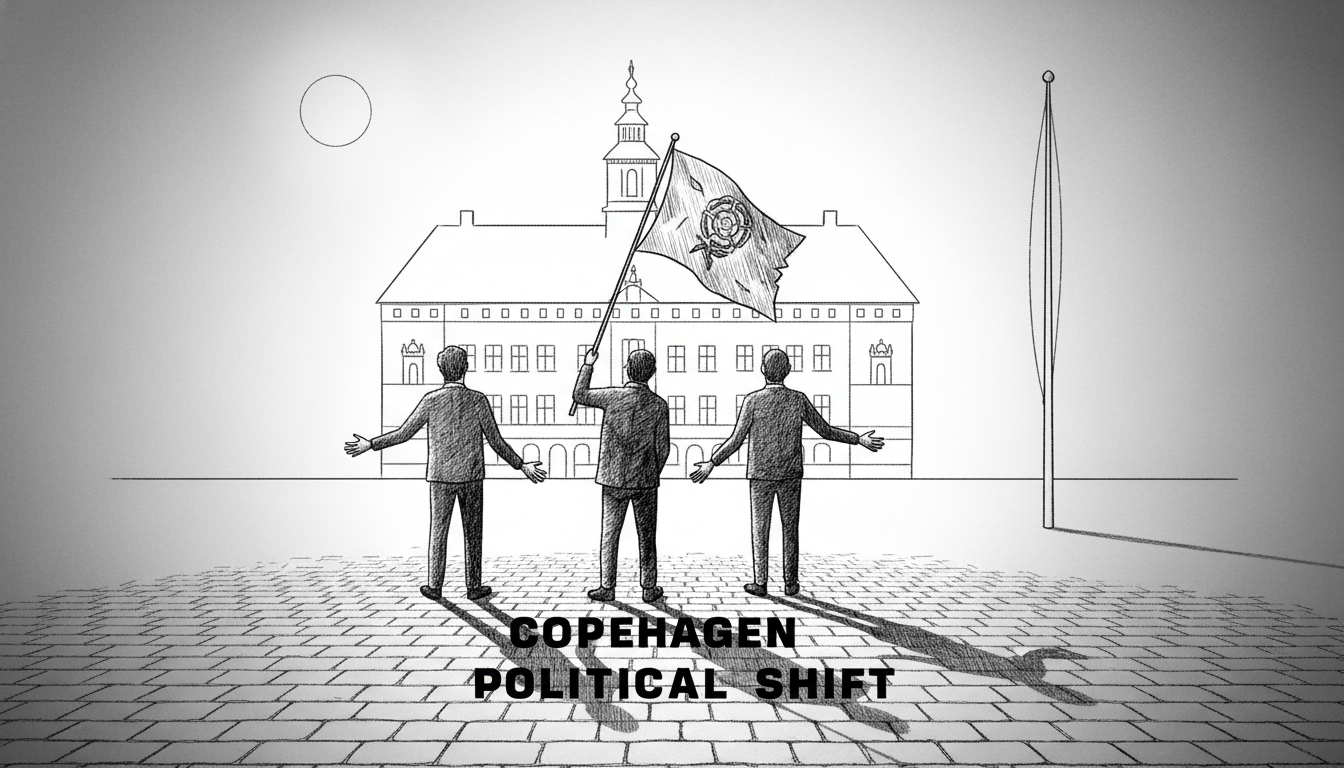Copenhagen's political landscape has undergone a dramatic transformation as the Social Democrats face unprecedented losses in municipal power. The party lost not only the mayor's office but all paid positions in companies owned by Copenhagen Municipality. These positions include influential roles at By & Havn, Metroselskabet, and Vestforbrændingen.
Political spokesperson Niels E. Bjerrum confirmed the severity of the situation. We have nothing. Not a single paid board position, he stated from Copenhagen City Hall. The loss will fundamentally weaken the party's daily operations for the next four years.
Paid political positions serve a crucial function in Danish municipal politics. They allow politicians to focus entirely on their political work without needing external employment. Council members receive approximately 13,000 kroner monthly, but additional board positions provide substantially higher compensation and enable full-time political focus.
The Social Democrats secured eight of 55 seats in Copenhagen's City Council, making them the third-largest party. Despite this substantial representation, they received no paid positions because they remained outside the governing coalition formed around Sisse Marie Welling. This coalition distributed positions among participating parties, excluding the Social Democrats.
Former party leader Pernille Rosenkrantz-Theil's campaign strategy proved costly. She insisted the Social Democrats wouldn't join any coalition where she didn't become mayor. This stance ultimately cost the party both the mayor's office and valuable paid positions for colleagues.
The financial impact is substantial. Kasper Stisen, elected with 976 personal votes, acknowledged the challenges ahead. There will be more late-night work, he noted. While not afraid of hard work, he admitted the situation puts the party at a disadvantage for future elections.
Monthly compensation for political positions varies significantly. Regular council members receive about 13,000 kroner, while specialized mayoral positions like the employment, integration, and business portfolio pay approximately 103,000 kroner monthly. The Social Democrats will now select who fills this remaining position.
Attention focuses on firefighter and union representative Andreas Keil, described as a unifying figure who could best position the wounded party. Former parliament member Lars Aslan Rasmussen has officially declared candidacy, with the final decision scheduled for December 1.
This political shift represents more than just changing leadership. It fundamentally alters how Copenhagen's largest traditional party operates and resources its political work. The Social Democrats must now rebuild from the ground up, both financially and organizationally, while adapting to their new role as opposition in Denmark's capital city.
The situation demonstrates how coalition politics can dramatically reshape municipal power structures. Parties of similar size historically secured multiple paid positions, but exclusion from governing coalitions can strip even substantial political blocs of operational resources. This reality will shape Copenhagen's political dynamics through the current term and beyond.

